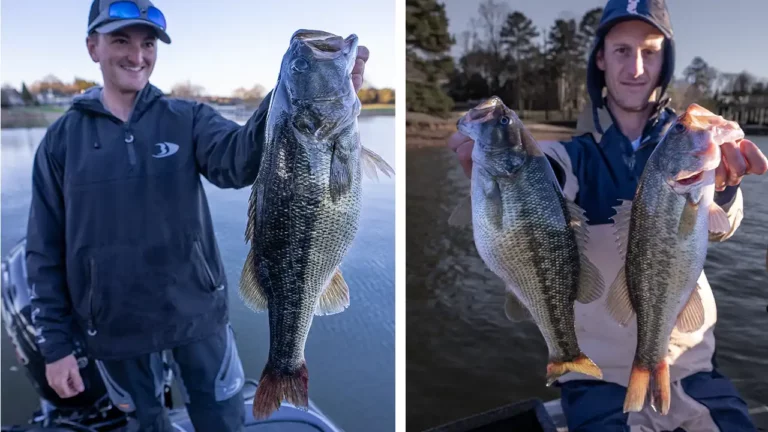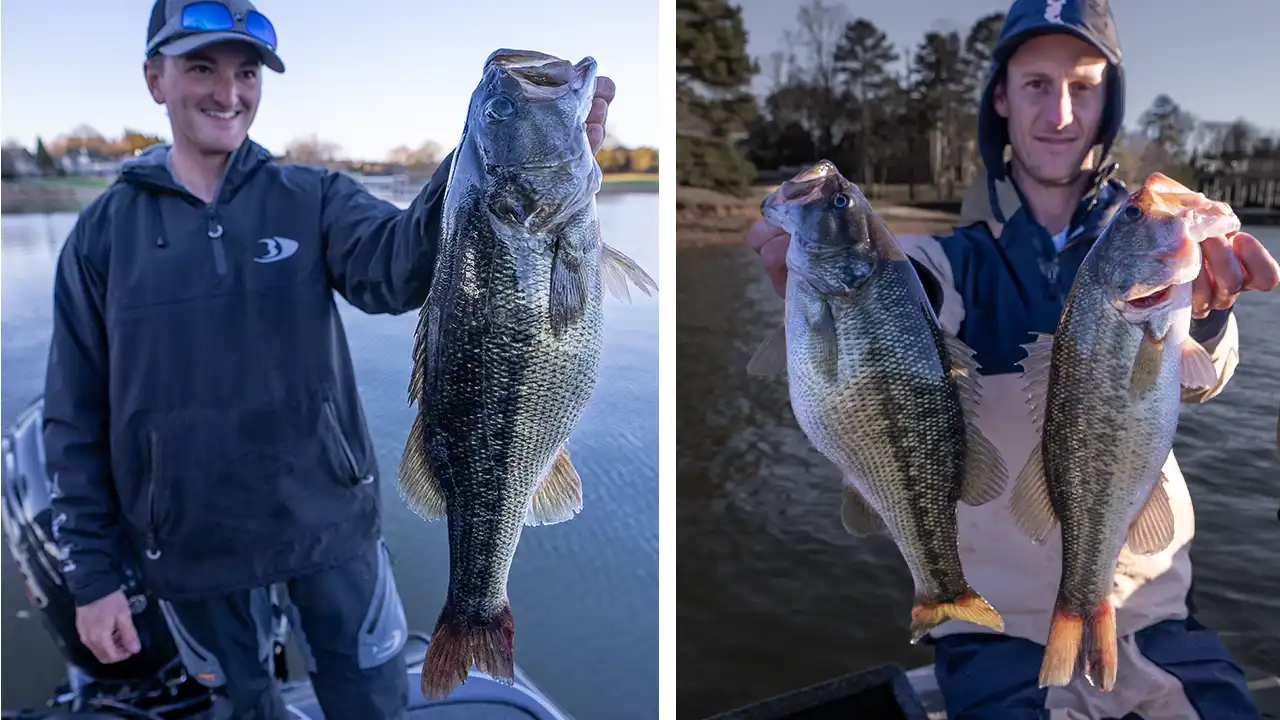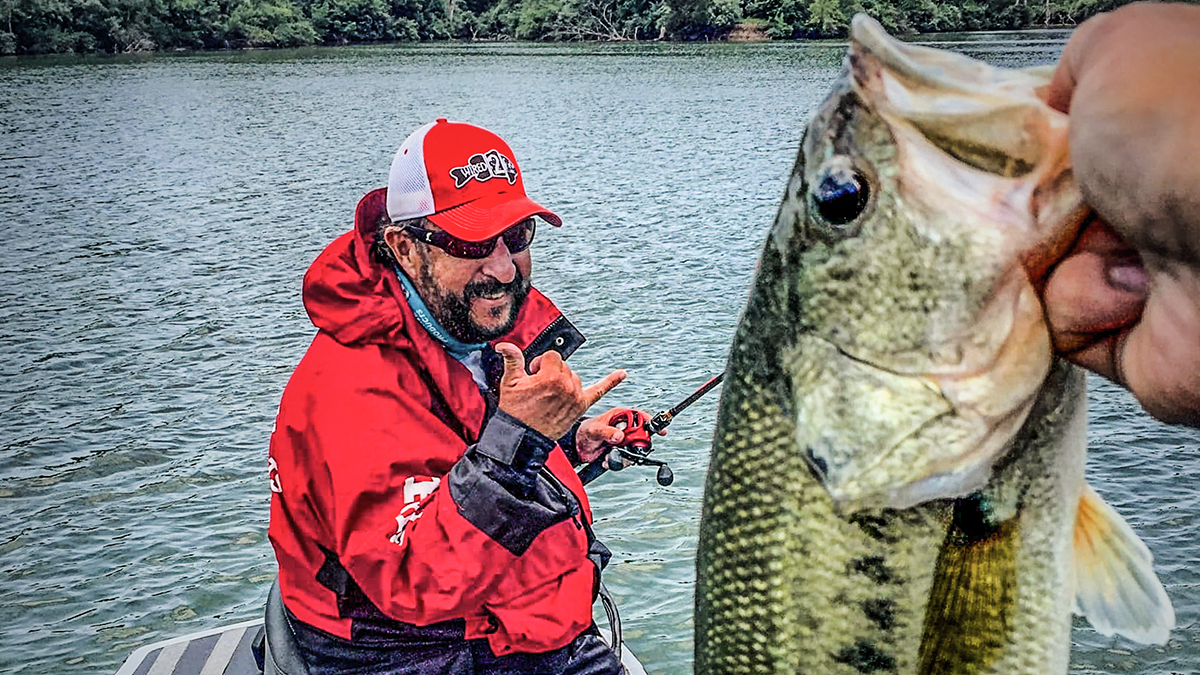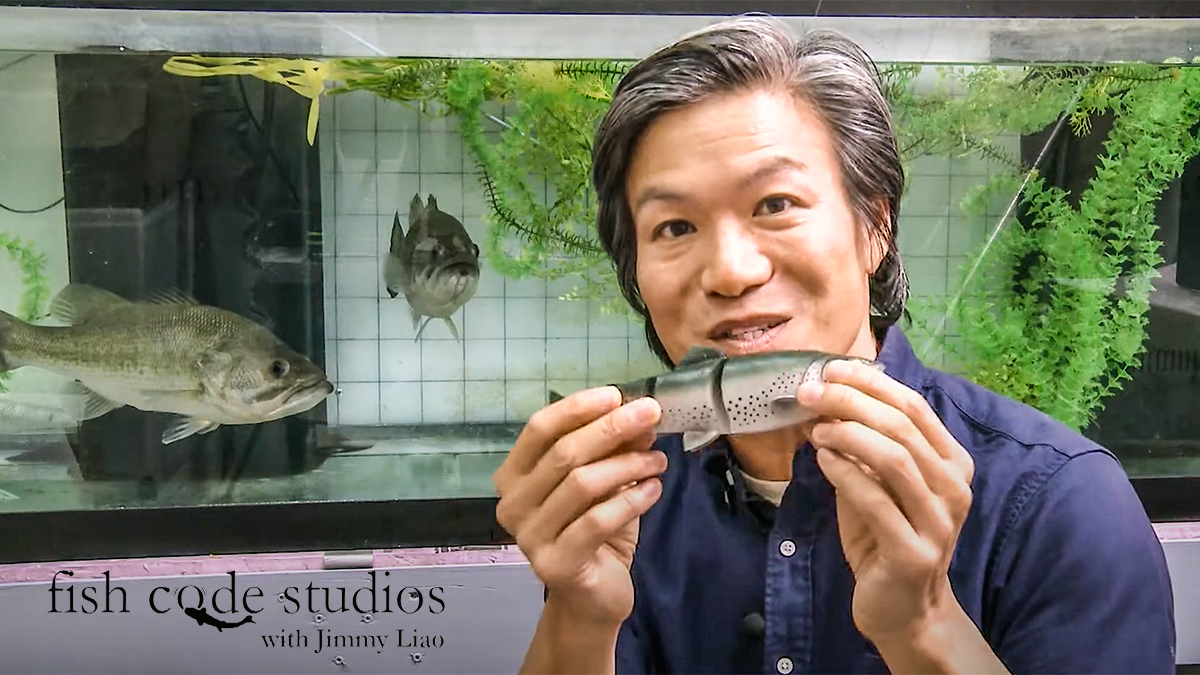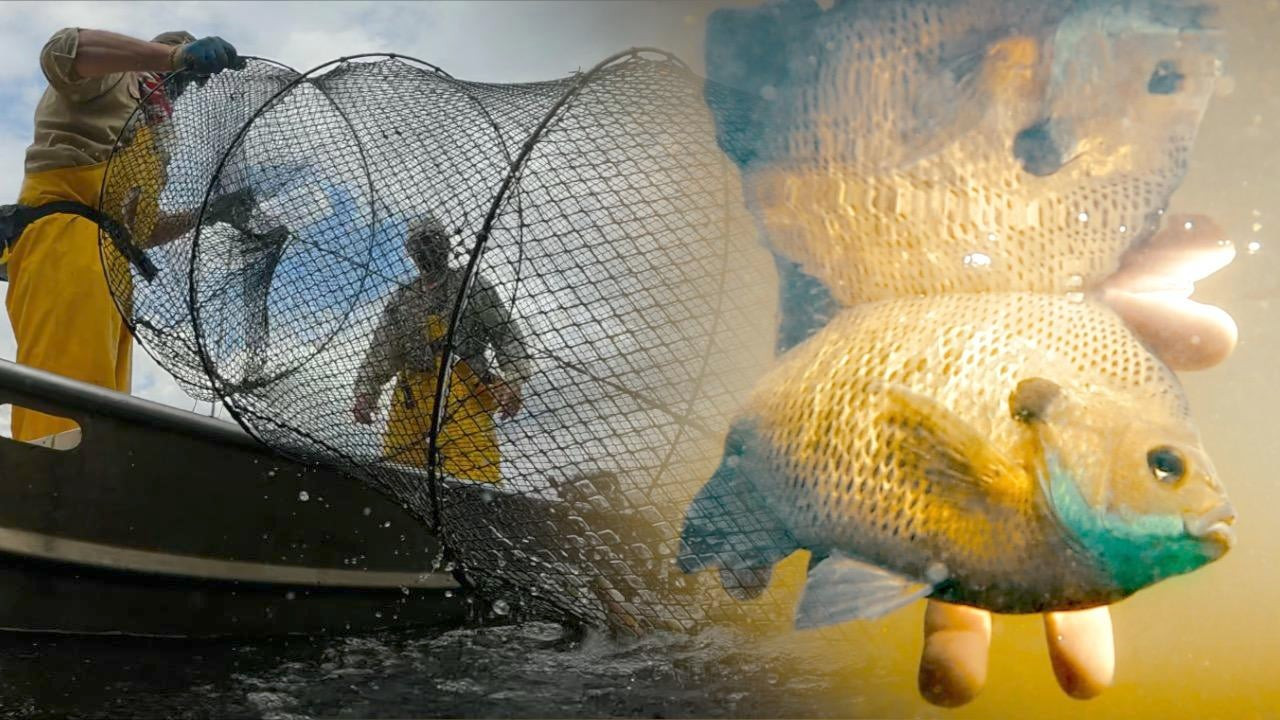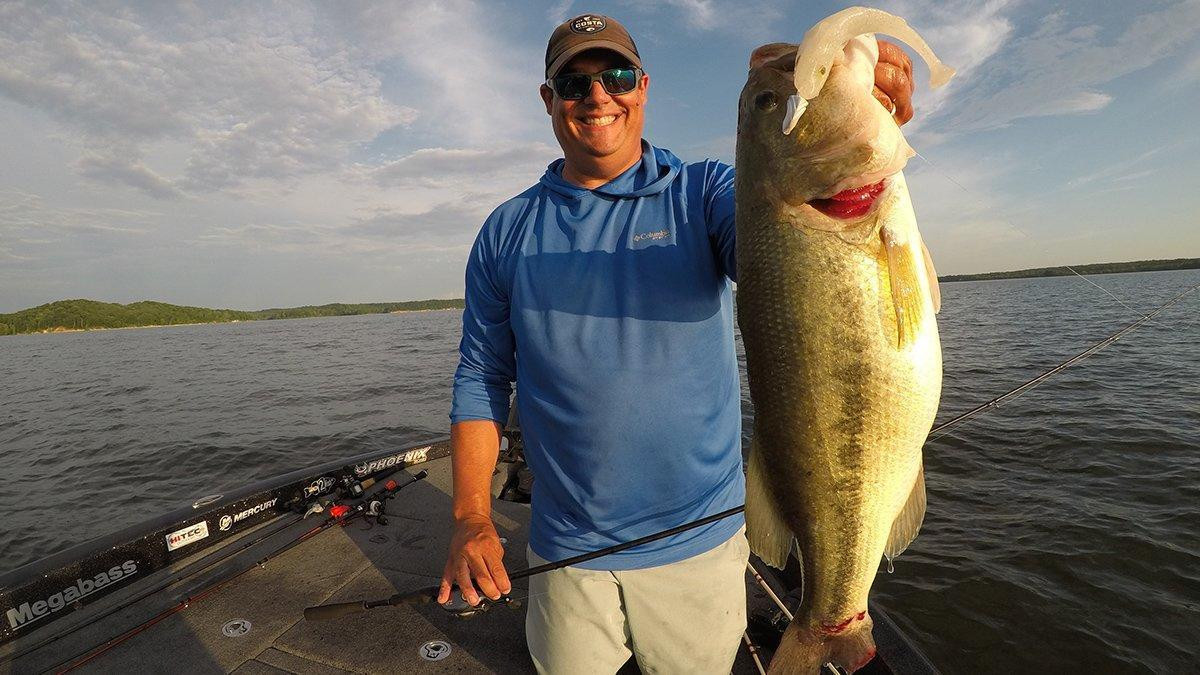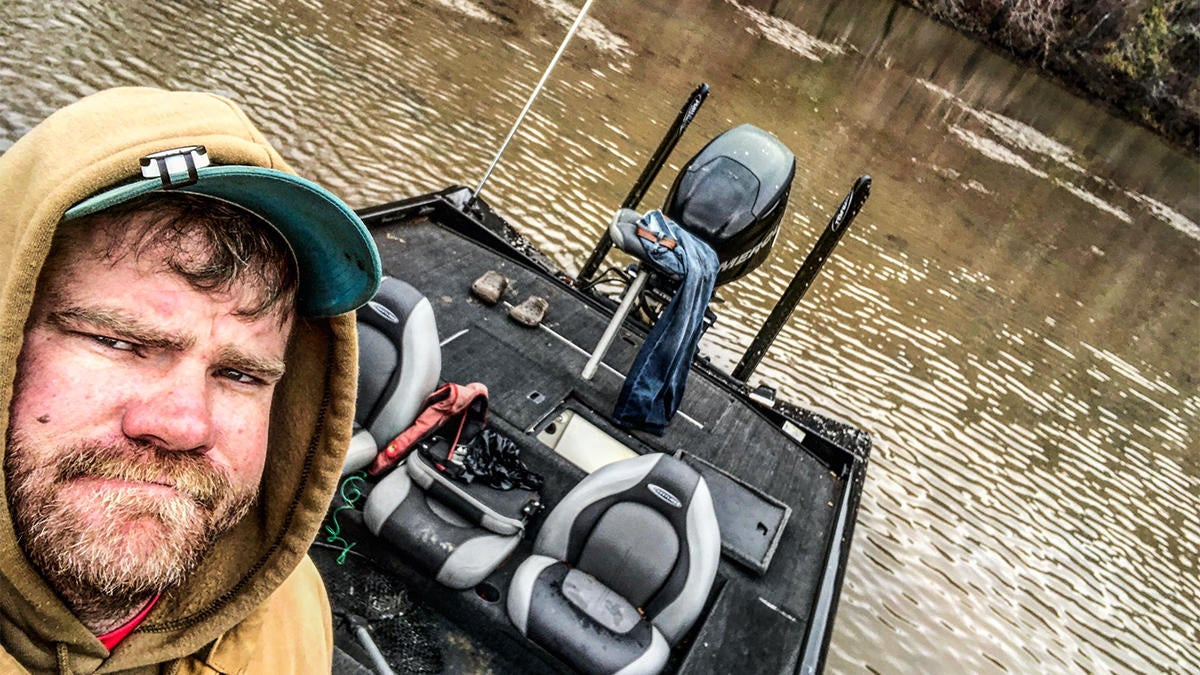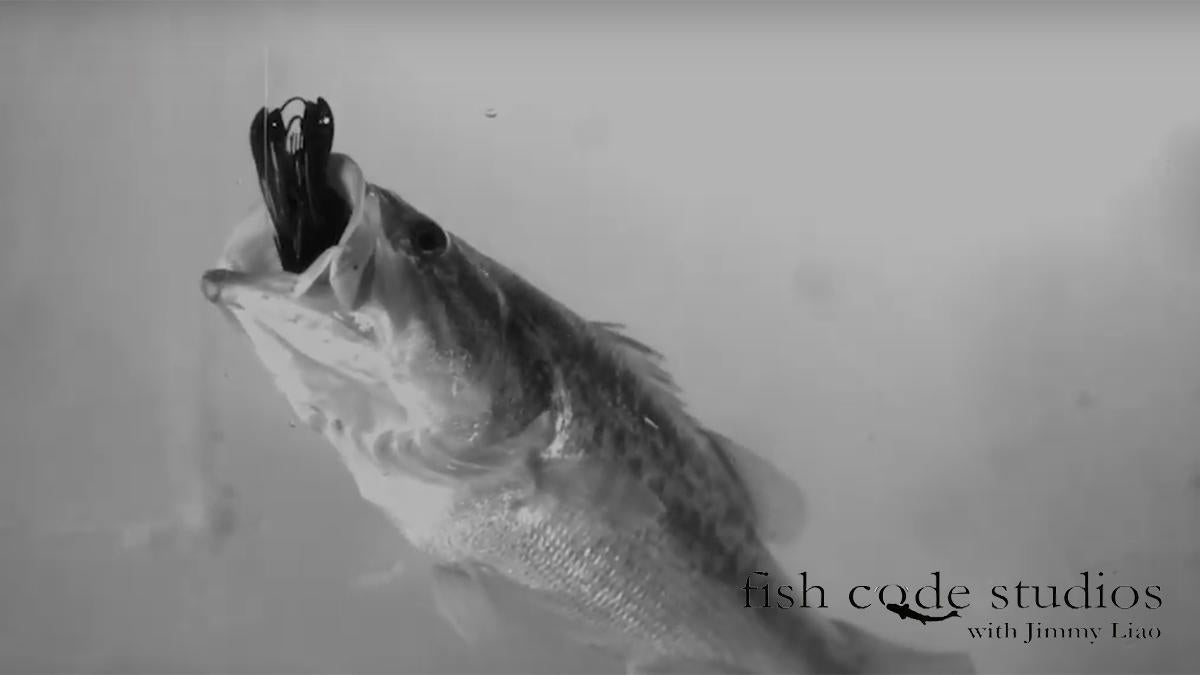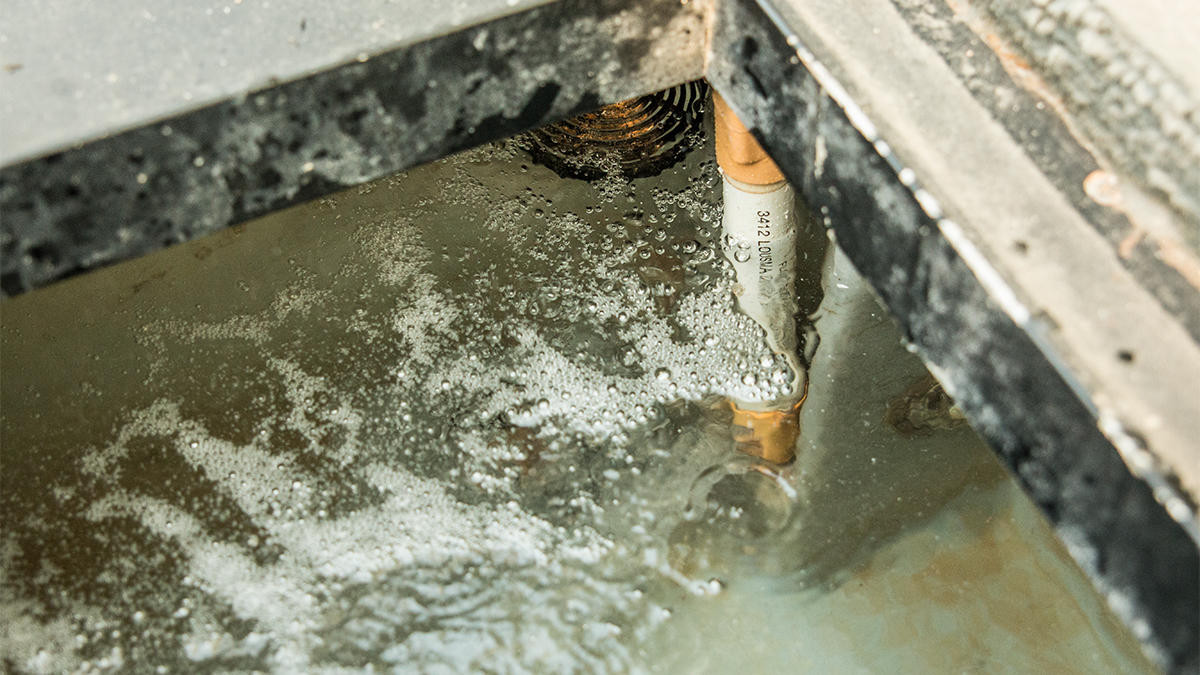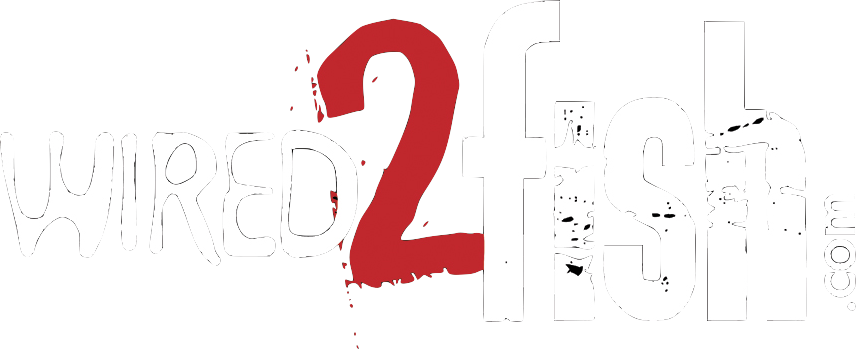Micropterus is a genus of freshwater fish known as black bass. With over nine species of black bass, correctly identifying each species takes some practice and basic knowledge of fish anatomy. While it’s easy to identify a smallmouth from a largemouth based on color quickly, it isn’t as simple with a spotted vs. largemouth bass.
Spotted and largemouth bass can be strikingly similar in appearance at a casual glance, but several physical features set them apart. Brandon Cobb shares four easy ways to identify a spotted vs. largemouth bass using a mix of physical attributes.
Cobb’s 4 methods for differentiating spotted and largemouth bass:
- Color. Color is the fastest and least accurate way to differentiate the species. In most instances, spotted bass feature a darker green coloration pattern, while largemouth bass tend to be paler. Cobb notes that spotted and largemouth bass often share the same color in certain water clarities, usually dingy, so we need to note a few other attributes to confirm the correct species.
- Jaw bone extension. In spotted bass, the upper mandible (aka jaw bone) does not extend back to or beyond the rear edge of the eyes, while with largemouth, the mandible extends past the eye. The jaw bone comparison method requires a closed mouth, so gently close the mouth and then draw an imaginary line from the back of the eye down to the mandible.
- Tongue. A quick finger rub on the tongue of a spotted bass indicates the presence of teeth just like those that rim the outer mouth (sandpaper texture), whereas a largemouth tongue is smooth.
- Dorsal fin. The spiny dorsal fin of a spotted bass connects to the soft dorsal fin. The spiny dorsal fin terminates on largemouth bass before the soft dorsal fin begins.
As Cobb demonstrates, correctly identifying spotted bass from largemouth is easy if you know what to look for. Consider using a few or all of the above methods to determine the correct species.



